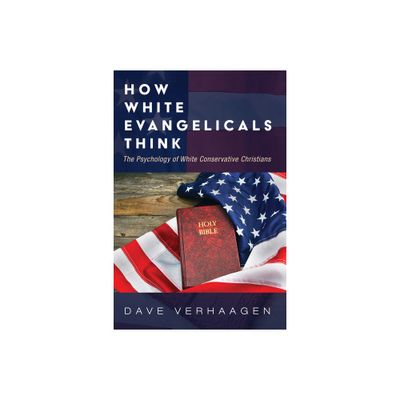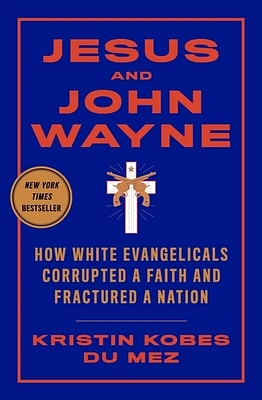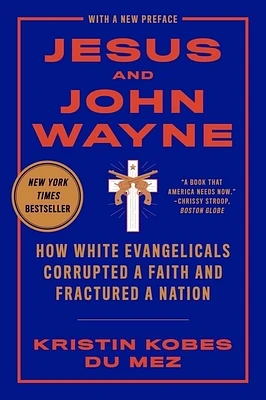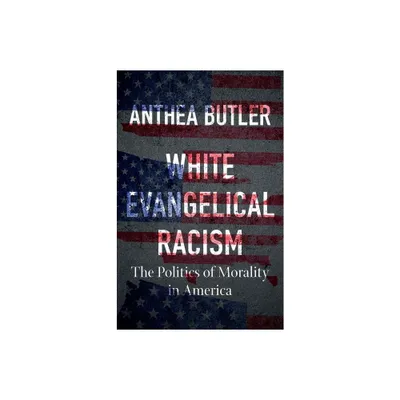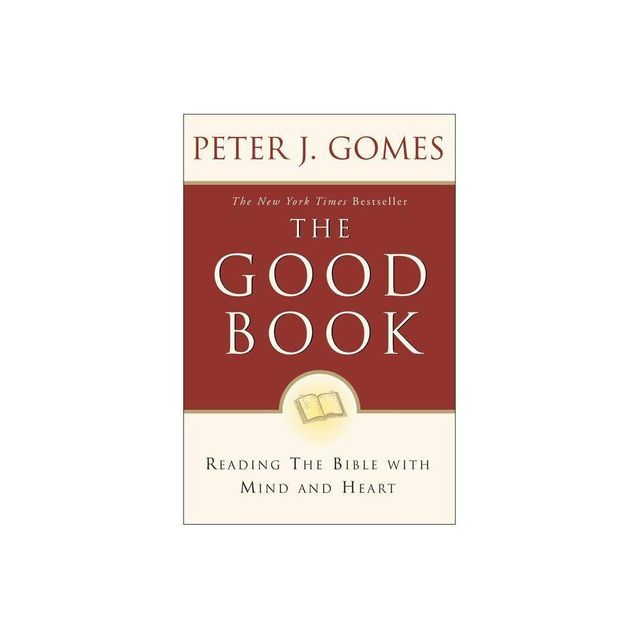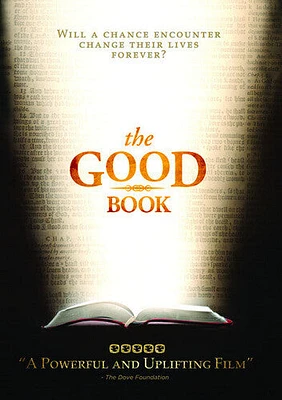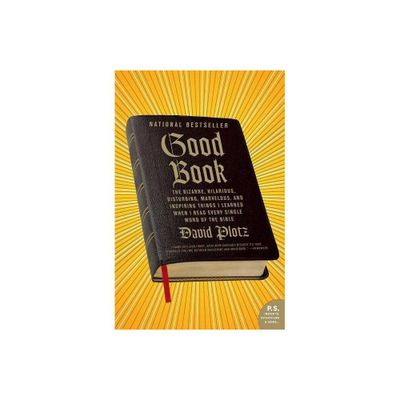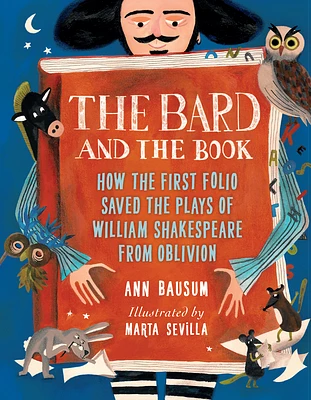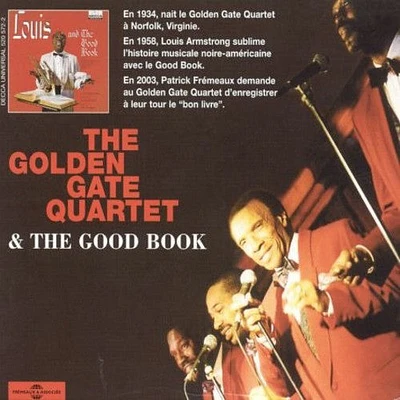Home
Good Book: How White Evangelicals Save the Bible to Themselves
Loading Inventory...
Barnes and Noble
Good Book: How White Evangelicals Save the Bible to Themselves
Current price: $28.00


Barnes and Noble
Good Book: How White Evangelicals Save the Bible to Themselves
Current price: $28.00
Loading Inventory...
Size: Hardcover
*Product Information may vary - to confirm product availability, pricing, and additional information please contact Barnes and Noble
Good Book
interrogates how white evangelical Christians in the US make the Bible the "Good Book." An inanimate object with a contested table of contents ripe for multiple meanings and uses, the Bible cannot be a moral agent on its own. People must make it so, as indeed they have. As prevailing social norms change, evangelical Christians confront intellectual and interpretive challenges as they quest to make an ancient book newly relevant and ever benevolent, especially for historically oppressed populations. While histories show us that white Christians in the US have frequently appealed to their Bibles in support of issues now judged to be on the wrong side of history, including racism, sexism, and colonialism, contemporary white evangelical figures have in recent years worked steadfastly to defend the Bible against charges of complicity in harm. This is especially the case when it comes to patriarchy and the place of women, as evangelicals conscript the Bible into arguments for and against patriarchal normativity in response to changing conceptions of what is good.
The Bible's historical origins in the hierarchical, patriarchal contexts of the ancient world create challenges for any Christian seeking to interpret their Bible as fundamentally liberative.
shows the creative negotiations that Bible-benevolence projects demand, as evangelicals wrestle both Jesus and Paul into advocates for women. The quest to maintain the Bible's goodness is ultimately a respectability project for evangelical Christians in the US who seek to maintain moral authority in an increasingly diverse religious landscape. Whether they rebrand patriarchy or seek to untangle the Bible from sexism, white evangelical Bible-benevolence projects perpetuate misogyny.
interrogates how white evangelical Christians in the US make the Bible the "Good Book." An inanimate object with a contested table of contents ripe for multiple meanings and uses, the Bible cannot be a moral agent on its own. People must make it so, as indeed they have. As prevailing social norms change, evangelical Christians confront intellectual and interpretive challenges as they quest to make an ancient book newly relevant and ever benevolent, especially for historically oppressed populations. While histories show us that white Christians in the US have frequently appealed to their Bibles in support of issues now judged to be on the wrong side of history, including racism, sexism, and colonialism, contemporary white evangelical figures have in recent years worked steadfastly to defend the Bible against charges of complicity in harm. This is especially the case when it comes to patriarchy and the place of women, as evangelicals conscript the Bible into arguments for and against patriarchal normativity in response to changing conceptions of what is good.
The Bible's historical origins in the hierarchical, patriarchal contexts of the ancient world create challenges for any Christian seeking to interpret their Bible as fundamentally liberative.
shows the creative negotiations that Bible-benevolence projects demand, as evangelicals wrestle both Jesus and Paul into advocates for women. The quest to maintain the Bible's goodness is ultimately a respectability project for evangelical Christians in the US who seek to maintain moral authority in an increasingly diverse religious landscape. Whether they rebrand patriarchy or seek to untangle the Bible from sexism, white evangelical Bible-benevolence projects perpetuate misogyny.
